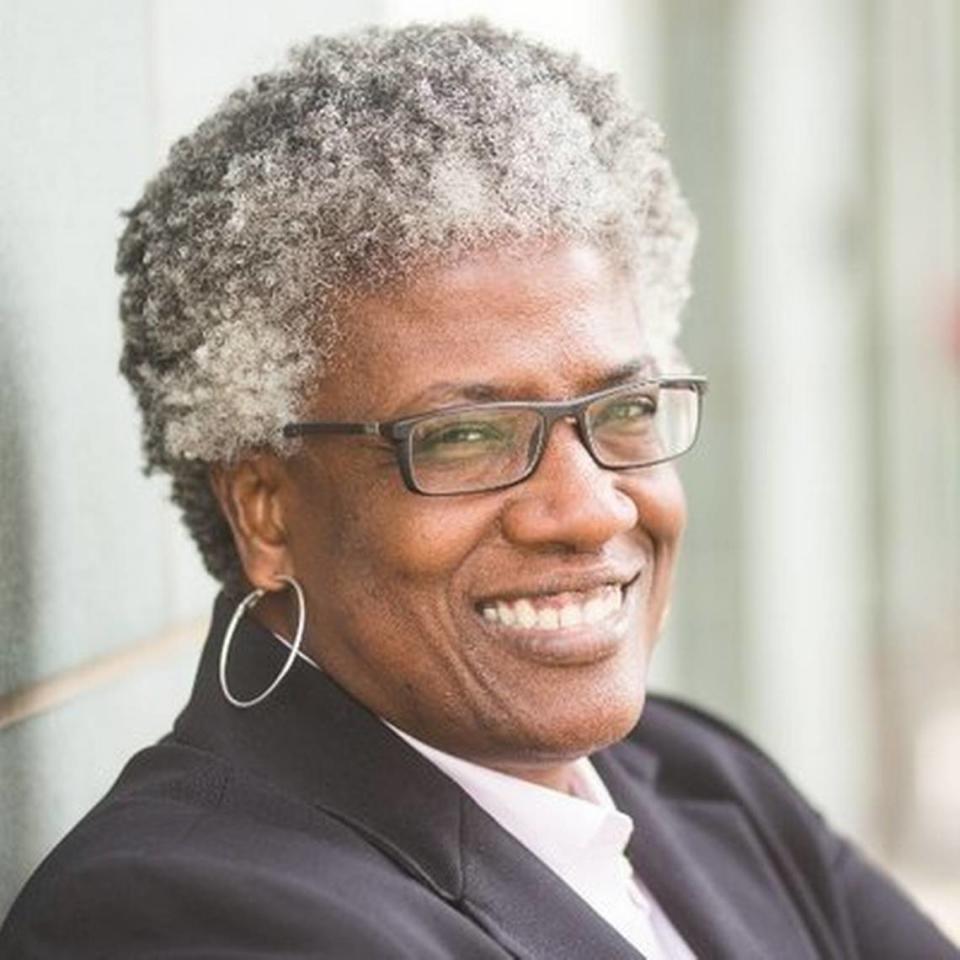9 out of 10 cases end in plea deals. Duke Law, NC prosecutor want to know how.
District attorneys working with Duke University law school officials announced an initiative Thursday that could give unprecedented insight into plea agreements that put one person in prison and another on probation.
In general, 90% to 95% of criminal cases are resolved through plea bargains. But historically data about how those deals are made hasn’t been available.
Durham County District Attorney Satana Deberry and Berkshire County, Massachusetts, District Attorney Andrea Harrington are participating in a new program they hope will change that.
The “Plea Tracker Project” partners with researchers at Duke Law School’s Wilson Center for Science and Justice to study implicit bias, racial disparities, and how well prosecutors are serving victims of crime.
Prosecutors in the project report factors they consider at each stage of plea negotiations, along with case demographics, their contact with victims and access to community resources for defendants.
Collecting data is essential to fill a void in a system with limited information on race, Deberry said.
“I think we have to at least know what the problem is before we can start to address it,” she said.
Just entering the information and reflecting on their actions is already helping prosecutors discuss and consider their own biases, Deberry said.
A lot of prosecutors will say they don’t prosecute people because they are Black and brown, she said.
“But they also don’t have the data about who they prosecute,” she continued. “I think part of this is just understanding what the universe looks like.”
What is plea bargaining?
In a plea bargain, a defendant and prosecutor negotiate a resolution to criminal charges with the defendant pleading guilty in exchange for leniency, said Yvette Garcia Missri, executive director of the Wilson Center. The leniency could include lesser charges, dismissal of charges or a lighter sentence.
Plea bargains allow prosecutors to more quickly resolve cases without a trial, Missri said. They can benefit defendants by limiting possible punishment and giving them some control of the outcome.
At the same time, defendants waive some of their constitutional rights, including the right to a jury trial and to not incriminate themselves.
“Despite plea bargaining being such a major part of the criminal legal system, we, the public, researchers, defendants and even prosecutors know so little about what really happens during the process,” Missri said.
Tracking priorities
Deberry started working with the law school after she took office in January 2019. She provided plea transcripts and other information that helped researchers understand what could be tracked.
Both district attorneys started collecting data for the plea tracker on April 1. The online forms that prosecutors fill out are tailored to each office’s goals and challenges.
Harrington’s top priority is tracking how her office treats crime victims, including how often it communicates with victims and involves them in their cases.
Deberry’s priorities include tracking disparities.
After a year of collecting data, researchers plan to create reports and scientific manuscripts on the data.
“Everything that we are publicly able to share, we absolutely publicly will share,” Deberry said.
Catherine Grodensky, a Duke researcher and student, said she and others want to work with other district attorneys and public defenders to learn about the different ways plea bargains are done. Currently they plan to work with a DA in Utah, but are looking for other opportunities, she said.
Ronald Wright, a Wake Forest University law school professor, said the plea tracker will show whether DAs are meeting campaign promises and help journalists and researchers better report and evaluate what is happening in courts.
“Helping people who are either journalists looking to tell a story about longer-term trends, or compare this office to some other office,” Wright said. “Or an academic ... who is looking for some kind of larger context for understanding what’s happening in this critical part of a major legal system.”
The Durham Report
Calling Bull City readers! We've launched The Durham Report, a free weekly digest of some of the top stories for and about Durham published in The News & Observer and The Herald-Sun. Get your newsletter delivered straight to your inbox every Thursday at 11 a.m. featuring links to stories by our local journalists. Sign up for our newsletter here. For even more Durham-focused news and conversation, join our Facebook group "The Story of my Street."

